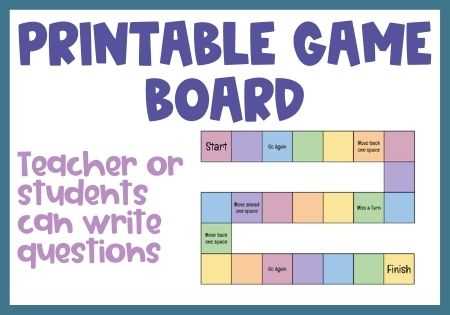
Preparing for important assessments can often feel overwhelming, but incorporating interactive and enjoyable activities into the process can significantly enhance learning. These approaches not only help to consolidate knowledge but also keep the study sessions engaging and memorable.
Active participation through various challenges encourages students to think critically, recall information quickly, and apply concepts in creative ways. Whether done individually or in groups, these methods promote retention and understanding without the usual monotony of traditional study techniques.
By blending entertainment with education, students can experience a more dynamic way to test their skills and readiness. From competitive quizzes to group-based activities, there are numerous options to choose from that cater to different learning styles and preferences.
Creative Review Games for Final Exams
Engaging in active learning methods can make the process of preparing for important assessments more enjoyable and effective. Incorporating innovative activities not only fosters a deeper understanding of the material but also keeps students motivated to study. These strategies transform mundane revision into exciting challenges, enhancing both learning and retention.
Interactive Activities for Knowledge Reinforcement
Interactive activities allow students to actively participate in their preparation. These techniques encourage recall, improve problem-solving abilities, and boost confidence. Some creative ideas include:
- Quiz Show Format: Create a quiz-style competition where students answer questions in a fast-paced format.
- Pictionary with Concepts: Drawing out key terms or ideas to help visualize difficult topics.
- Flashcard Duels: A friendly competition where students quiz each other using flashcards, earning points for correct answers.
Collaborative and Competitive Challenges
Working together in groups or competing against each other adds an element of teamwork or rivalry, both of which can enhance learning experiences. These activities are perfect for peer-to-peer interaction and motivation. Here are some examples:
- Team Relay: Teams take turns answering questions, with each team member contributing to the overall progress.
- Timed Challenges: Students work individually or in groups to complete tasks within a set time limit.
- Escape Room Simulation: Use clues and puzzles related to the material to “escape” from a themed challenge.
Interactive Games to Boost Learning
Incorporating interactive elements into study sessions can greatly enhance the learning process. These activities make the material more engaging and allow students to actively participate, promoting better understanding and retention. By using creative challenges, learners are able to test their knowledge in a more dynamic and enjoyable way.
Engaging Methods for Skill Building
Active participation helps students internalize concepts more effectively. Some interactive strategies to foster learning include:
- Role-Playing: Taking on different roles and simulating real-life scenarios to apply theoretical knowledge in practical ways.
- Interactive Quizzes: Creating fun, multiple-choice or true/false quizzes with immediate feedback for instant learning.
- Problem-Solving Challenges: Encouraging students to solve complex problems in a team setting, fostering collaboration and critical thinking.
Competition-Based Activities
Introducing friendly competition can push students to engage more deeply with the content. These activities not only motivate but also reinforce learning through a sense of accomplishment. Some effective ideas include:
- Timed Races: Students race against the clock to answer as many questions as possible, testing both speed and accuracy.
- Team Tournaments: Groups compete to answer a series of questions or complete tasks, earning points along the way.
- Guess the Concept: Students describe a concept without naming it, while others try to guess it based on the description.
Why Game-Based Learning Works for Exams
Integrating play into the study process has proven to be an effective way to enhance both understanding and retention. When learning becomes interactive, it triggers active participation, making the experience both enjoyable and productive. This approach encourages students to engage with the material in a way that traditional methods often fail to do.
One key reason for the success of this approach is that it taps into natural learning behaviors. Rather than passively receiving information, students are prompted to recall, apply, and even problem-solve within a stimulating environment. This active involvement boosts memory and comprehension.
Benefits of Interactive Learning Methods
- Increased Motivation: Turning learning into a fun and competitive activity motivates students to stay engaged and focused.
- Improved Retention: The repetition and active involvement that comes with interactive challenges help solidify information in long-term memory.
- Enhanced Critical Thinking: Many interactive activities require students to analyze situations, make decisions, and solve problems on the spot, boosting cognitive skills.
Why It Works for Different Learning Styles
- Visual Learners: Activities like flashcards, drawing diagrams, or visual puzzles help students retain information through images.
- Auditory Learners: Quiz-style challenges or group discussions work well for students who learn best by listening and speaking.
- Kinesthetic Learners: Hands-on activities, such as role-playing or building models, allow students to engage physically with the content.
Top Fun Activities to Review for Finals
When preparing for important assessments, it’s essential to keep the process engaging and dynamic. Interactive and enjoyable activities can transform the usual studying routine into something exciting, helping students stay motivated and retain information more effectively. These activities offer a variety of ways to review material while making learning feel less like a chore and more like a challenge.
Engaging Group Activities
Collaborative challenges are a great way to review together and strengthen team dynamics. These group-based activities foster healthy competition and encourage peer interaction, making the study process more enjoyable and productive.
| Activity | Description |
|---|---|
| Team Trivia | Groups compete to answer questions, earning points for correct answers. This can be adapted to any subject matter. |
| Study Relay | Each team member takes turns answering questions or completing tasks, passing the baton to the next teammate after a correct answer. |
| Puzzle Challenges | Teams work together to solve a series of puzzles related to the study material, testing both speed and knowledge. |
Individual Interactive Tasks
For solo learners, activities that involve independent thinking and quick recall can help sharpen focus and reinforce key concepts. These activities are designed to test knowledge while encouraging quick decision-making and creativity.
| Activity | Description |
|---|---|
| Flashcard Battles | Create flashcards and challenge yourself to answer them as quickly as possible. Track your progress to improve speed and accuracy. |
| Concept Mapping | Draw out a visual map connecting key concepts, showing how different ideas relate to each other. |
| Memory Match | Pair terms with their definitions or concepts with examples, testing recall and understanding through matching exercises. |
Group Challenges for Exam Preparation
Collaborative activities are a powerful way to reinforce knowledge and foster teamwork while preparing for assessments. These challenges provide opportunities for students to work together, share ideas, and motivate each other to stay focused. By engaging in group-based tasks, participants can learn from one another and deepen their understanding of the material.
Collaborative Tasks to Boost Engagement
Group challenges encourage communication and critical thinking, allowing participants to approach problems from different perspectives. Here are some effective group activities:
- Team Quizzes: Groups take turns answering a series of questions. Points are awarded for correct answers, and the team with the most points wins.
- Role Play Scenarios: Participants act out real-life situations related to the study material, helping them apply their knowledge in practical ways.
- Group Brainstorming: Teams collaborate to generate as many ideas or solutions as possible for a given topic or question, stimulating creative thinking.
Competitive Group Challenges
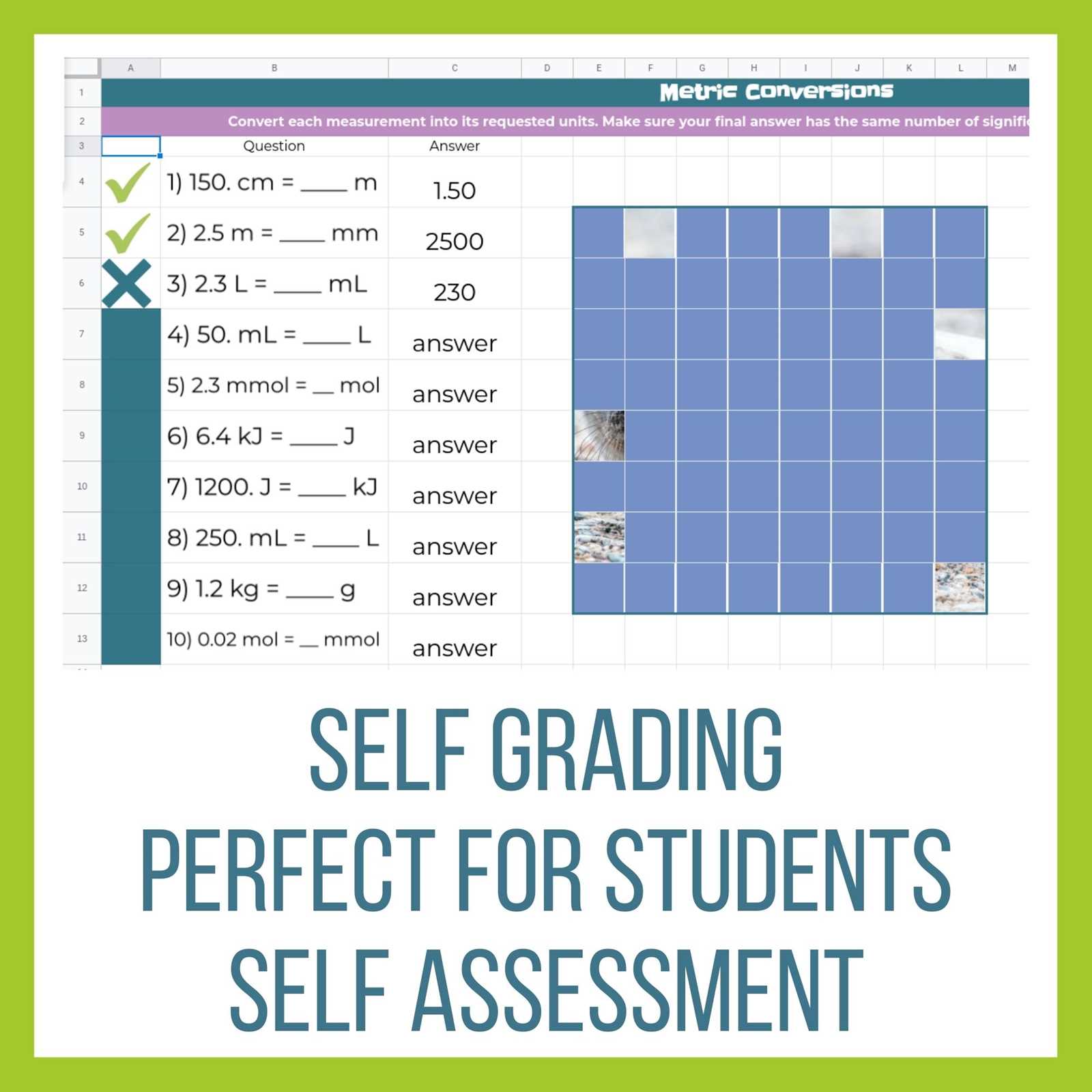
Healthy competition can make studying more exciting and productive. When students compete as teams, they are motivated to perform better while working together. Here are a few ideas for competitive group tasks:
- Relay Race: Teams pass the responsibility to answer questions in a relay style, with each member contributing to the team’s overall progress.
- Puzzle Solving: Groups work together to solve puzzles or riddles related to the material, earning points for each correct answer.
- Scavenger Hunt: Create a list of clues or questions based on the subject material. Teams must find the answers or objects related to the clues within a set time.
DIY Games to Test Knowledge
Creating your own interactive activities to assess understanding can be a fun and effective way to reinforce learning. By designing personalized challenges, you have the flexibility to tailor the material to your specific needs and test various aspects of your knowledge. These hands-on exercises allow you to engage with the content in an enjoyable and dynamic way.
DIY activities promote active participation, encourage critical thinking, and make studying feel less like a chore. Whether working alone or in groups, these customizable challenges can add variety to the study routine and help improve retention.
- Custom Flashcards: Create your own set of flashcards with questions on one side and answers on the other. Use them for quick recall practice or challenge yourself to answer as fast as possible.
- Memory Matching: Design a matching game where you pair terms with their definitions, concepts with examples, or questions with answers.
- Jeopardy-Style Quiz: Set up a quiz game based on the classic Jeopardy format. Create categories and questions of varying difficulty to test your knowledge in different areas.
- Word Scramble: Write key terms or concepts and scramble the letters. Challenge yourself to unscramble them as quickly as possible to reinforce your understanding.
Best Online Tools for Exam Review
With the advancement of technology, there are now numerous digital platforms that can help reinforce knowledge and prepare for assessments. These online resources provide interactive tools that cater to various learning styles, offering a range of features such as quizzes, flashcards, and collaborative learning environments. By incorporating these tools into your study routine, you can access a wealth of materials designed to enhance your understanding and improve retention.
Top Interactive Platforms
These platforms provide customizable and engaging activities that can be tailored to your study needs, offering real-time feedback and progress tracking:
- Quizlet: Create custom flashcards and quizzes, or explore existing sets created by others. Quizlet offers study modes like matching games and timed challenges.
- Kahoot! An interactive quiz platform that allows you to create and play multiplayer quizzes. Kahoot! turns studying into a competitive activity, motivating students to stay engaged.
- ProProfs Quiz Maker: Build personalized quizzes and tests to assess your knowledge. ProProfs also allows for detailed analytics to track progress and identify areas of improvement.
Collaborative Learning Tools
For those who prefer learning with others, these tools facilitate group study sessions and peer-to-peer interaction:
- Google Classroom: A versatile platform for organizing study materials, collaborating on group projects, and tracking assignments in real-time.
- Edmodo: A social learning platform that connects students and teachers, allowing for the sharing of resources, discussions, and quizzes in a secure environment.
- Trello: While not strictly an educational tool, Trello can be used to organize study schedules, track progress on study goals, and collaborate with peers.
Memory Boosting Games for Finals
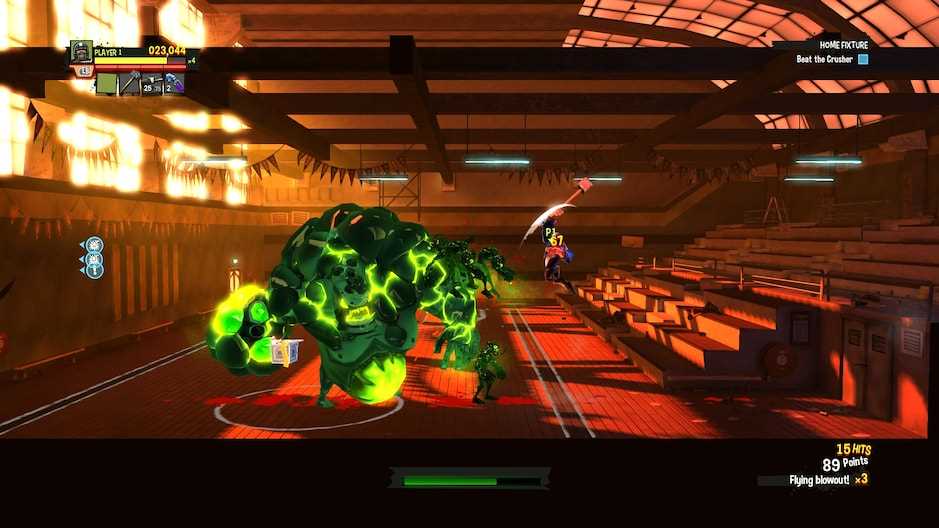
Boosting memory retention is crucial when preparing for assessments, and incorporating fun, interactive activities can make this process more effective. These activities engage the brain in ways that traditional studying often doesn’t, enhancing the ability to recall important information under pressure. By actively challenging the mind, you can reinforce the connections between concepts, helping to solidify them in long-term memory.
Interactive Techniques to Improve Recall
These activities are designed to stimulate cognitive functions, improve memory, and increase recall speed by involving repetition and active engagement:
- Flashcard Challenge: Create a set of flashcards with key terms, definitions, or questions. Review them regularly, trying to recall the answers as quickly as possible, and track progress over time.
- Memory Match: Match terms with their definitions or concepts with their corresponding examples. This activity reinforces associations between related pieces of information.
- Storytelling Technique: Create short stories or narratives using the material you need to remember. Associating facts with a storyline can make them easier to recall.
Group-Based Memory Boosters
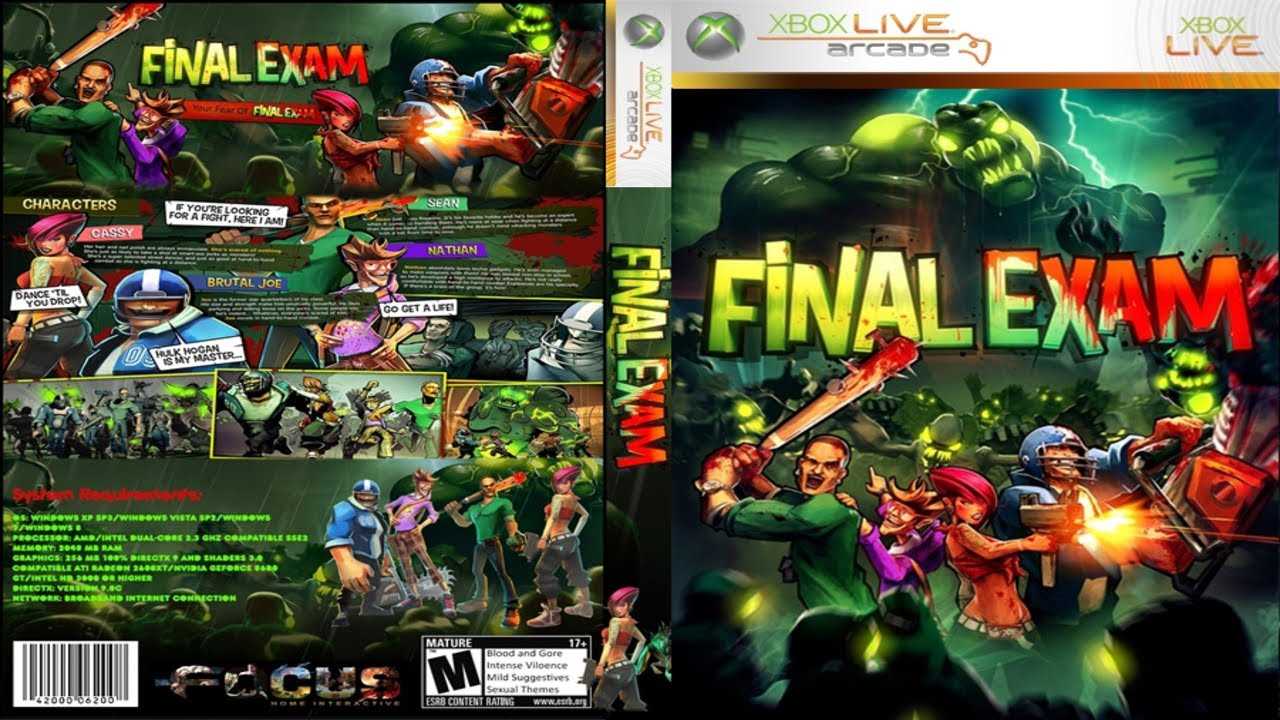
Group challenges also promote memory retention by encouraging collaboration and peer-based reinforcement. These collective activities foster teamwork and increase motivation:
- Memory Relay: In a group, pass around a set of questions or terms, with each participant recalling and adding to the list. The game continues until all items have been reviewed.
- Memory Pictionary: Draw concepts or terms from the material and have the group guess what they are. This combines visual and verbal memory to reinforce recall.
- Association Chains: One participant says a word related to the study material, and the next person has to say another word that connects to it. The chain continues as long as possible, helping everyone strengthen their memory connections.
Competitive Games for Study Groups
Injecting a sense of competition into group study sessions can significantly increase motivation and focus. When participants engage in friendly rivalry, they tend to push themselves harder, which can lead to a deeper understanding of the material. These activities not only make learning more enjoyable but also encourage collaboration and problem-solving skills as teams work together to answer questions or solve challenges.
Incorporating competitive elements into study sessions can transform the learning environment into a dynamic and engaging experience. The excitement of competition, paired with cooperative strategies, creates an ideal setting for reinforcing knowledge and boosting performance.
| Activity | Description | How to Play |
|---|---|---|
| Quiz Show | A team-based quiz competition where points are awarded for correct answers. | Each group takes turns answering questions. The team with the most points wins. |
| Speed Round | Participants answer as many questions as possible in a set amount of time. | Teams compete to answer questions quickly and accurately. The fastest team earns more points. |
| Trivia Battle | Competing teams answer trivia questions related to the study material. | Teams take turns answering questions, with each correct answer earning them points. The team with the most points wins. |
| Challenge Relay | A relay-style competition where team members answer questions in sequence. | Each participant answers a question before passing the next to their teammate. The fastest team to finish wins. |
Using Flashcards in Review Games
Flashcards are a versatile tool for reinforcing knowledge and enhancing recall. Their simplicity makes them highly effective for active learning, allowing individuals to test their understanding and retain information more efficiently. By incorporating flashcards into interactive activities, you can turn a routine study session into an engaging challenge that promotes deeper learning and better memory retention.
These tools are especially beneficial when preparing for assessments that require quick recall of facts, terms, or concepts. Flashcards can be easily customized to cover specific topics, making them adaptable for different learning styles and preferences.
- Pairing Challenge: Create sets of flashcards with questions on one side and answers on the other. Participants work in pairs to quiz each other, earning points for each correct answer.
- Flashcard Race: Lay the cards out in a grid and set a timer. Players take turns picking cards and answering questions. The goal is to answer as many questions correctly as possible within the time limit.
- Flashcard Relay: Organize players into teams. Each player answers a flashcard question before passing it to the next team member. The first team to correctly complete all cards wins.
- Memory Match: Write terms on one set of cards and their definitions on another. Players must match each term with its correct definition, reinforcing associations between them.
Game Ideas for Last-Minute Review
When time is running out and preparation needs to be maximized, quick, high-impact activities can be incredibly useful. These methods are designed to reinforce key concepts and help recall important information in a short amount of time. By engaging in rapid-fire challenges, you can solidify your knowledge and boost confidence just before it’s time to perform.
Fast-Paced Challenges
Incorporating speed into your preparation adds a layer of excitement while forcing the brain to retrieve information quickly. Here are a few ideas that can be completed in a short time frame:
- Quickfire Questions: Prepare a list of essential questions and set a timer. Players or groups take turns answering as many questions as possible before time runs out.
- Speed Flashcards: Use flashcards and challenge yourself or others to answer as many as possible in 1–2 minutes. The faster you go, the more you reinforce your knowledge.
- Lightning Round: Set up a series of questions and give players only 10 seconds to respond. Each correct answer earns points, encouraging quick thinking.
Team-Based Approaches
Working in groups can accelerate learning and increase motivation. These collaborative activities make the review process interactive and fun:
- Team Trivia: Form teams and ask questions from various topics. Teams race to provide the correct answers, earning points for each correct response.
- Group Quiz Bowl: Create a quiz-style competition, with one team asking the other a set of questions. The opposing team tries to answer as many as possible within a time limit.
- Relay Recall: Each team member answers one question before passing it on to the next player. The team with the most correct answers in the shortest time wins.
How to Gamify Exam Prep Sessions
Transforming traditional study sessions into a more dynamic and interactive experience can make preparation more engaging and enjoyable. By introducing game-like elements, such as rewards, challenges, and competition, learners can stay motivated and retain information more effectively. The key is to add structure and excitement while still maintaining focus on the material being learned.
Incorporating Competitive Elements
Friendly competition can turn mundane studying into an exciting challenge. This encourages participants to push their limits and reinforces the importance of mastering the content. Here are a few ways to incorporate competition into your prep sessions:
- Point Systems: Create a point system where participants earn points for correct answers or completing tasks. Points can be traded for small rewards like snacks or extra study time.
- Leaderboard: Keep track of individual or team scores throughout the session. Displaying the leaderboard can add an element of suspense and drive players to do their best.
- Timed Challenges: Set a time limit for each task or question. The faster participants complete tasks, the more points they earn, adding an extra layer of urgency and excitement.
Reward Systems and Incentives
Providing incentives can boost motivation and make study sessions feel more rewarding. Rewards don’t always have to be tangible; they can also be small privileges or recognitions. Here are a few ways to integrate rewards into your prep activities:
- Achievement Badges: Award digital or physical badges for reaching specific milestones, such as answering a certain number of questions correctly or completing a challenging task.
- Unlockable Rewards: Create unlockable rewards as participants progress through the material. For example, after a set number of correct answers, allow them to “unlock” a fun activity or extra break time.
- Group Rewards: If studying in groups, consider awarding collective prizes for teamwork, creativity, or collaboration, encouraging group cohesion and active participation.
Time-Based Challenges for Studying
Incorporating time constraints into study sessions can create a sense of urgency and enhance focus. These activities push learners to think quickly and efficiently, helping them retain key information while also improving their ability to recall facts under pressure. Time-based challenges not only add excitement to the process but also simulate real-world conditions where quick thinking and decision-making are crucial.
Quick Recall Activities
Setting short time limits for tasks forces participants to rely on their memory and decision-making skills. Here are a few ways to implement fast-paced tasks:
- Rapid-Fire Questions: Ask a series of questions, with only a few seconds to answer each. The goal is to answer as many questions as possible within the time limit, promoting fast recall.
- Speed Matching: Present a set of concepts and definitions, and challenge participants to match them as quickly as possible before time runs out.
- Timer-Based Flashcards: Use flashcards with a timer set for each one. Participants must answer before the timer runs out, creating a high-pressure environment to test knowledge.
Challenge Rounds
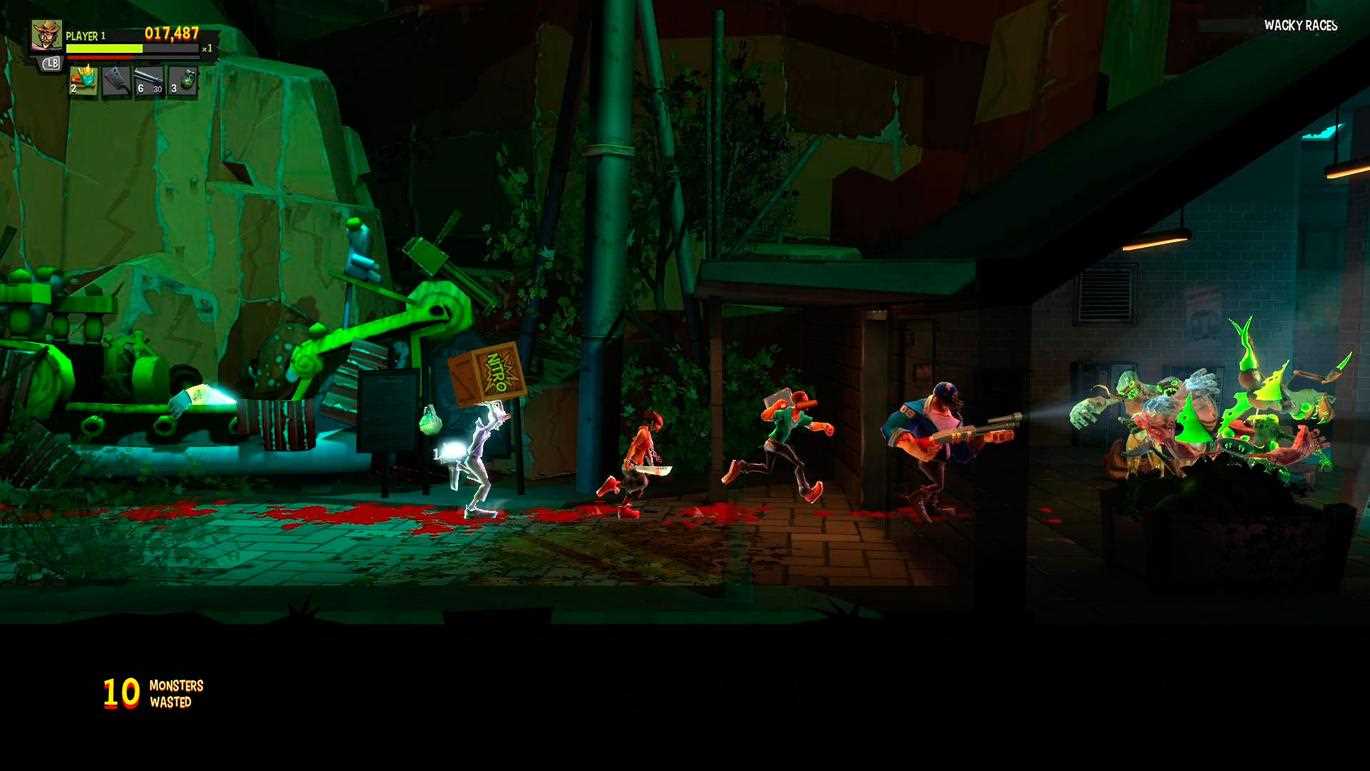
Challenge rounds can involve multiple tasks or questions, with each round becoming progressively more difficult. These rounds add a sense of progression and reward as participants work through harder material under time pressure:
- Timed Trivia Rounds: Create multiple rounds of trivia questions, with each round more challenging than the last. Set a specific time for each round to ensure speed and efficiency.
- Speed Problem Solving: Present a set of problems or scenarios and challenge participants to solve them within a given time frame, testing both their knowledge and ability to work quickly.
- Flash Challenges: Introduce a variety of random tasks or questions that participants must complete within 60 seconds. These can range from multiple-choice to short-answer questions, all designed to be tackled quickly.
Games to Improve Problem Solving Skills
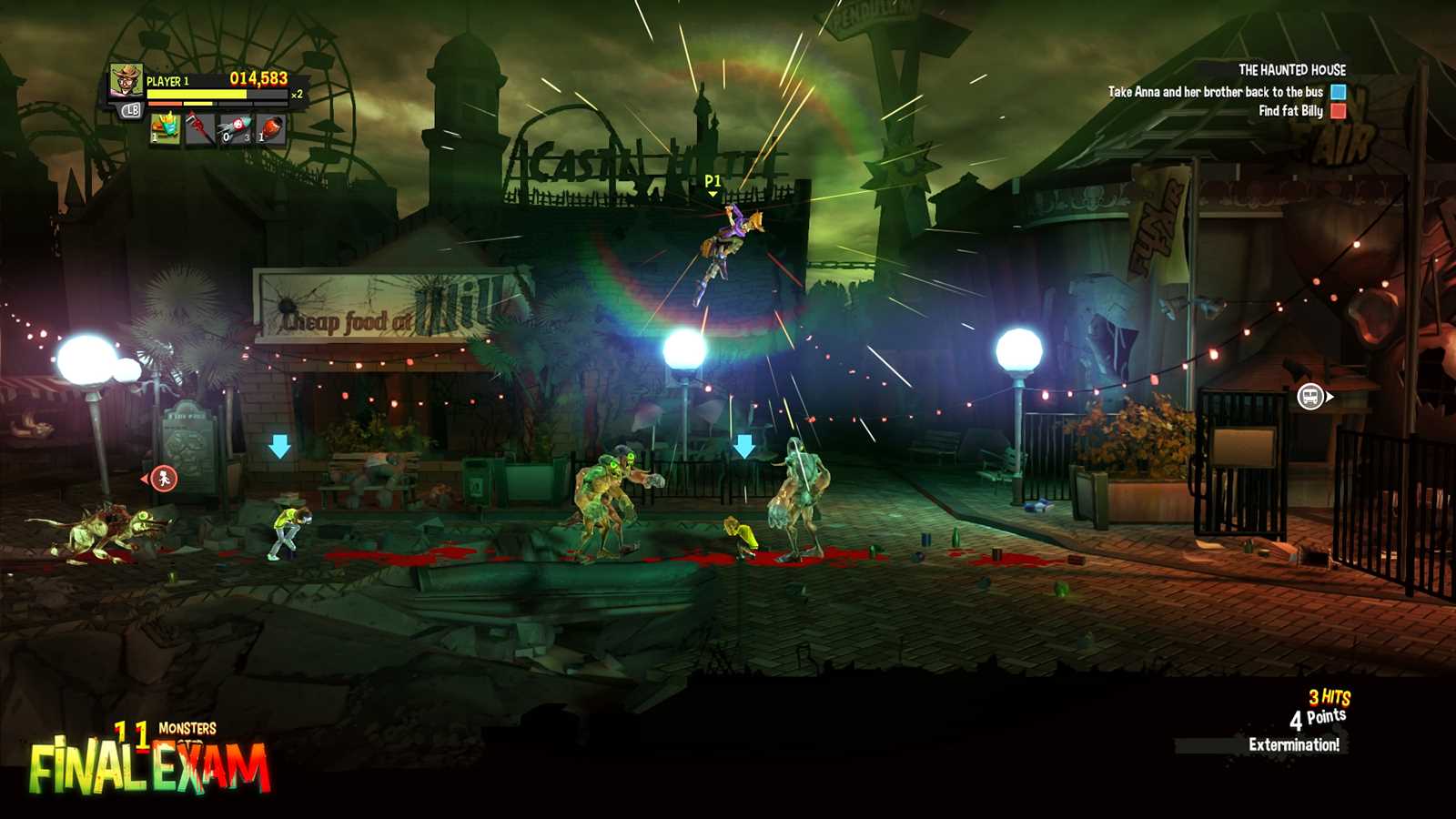
Activities that challenge individuals to think critically and approach problems from various angles can significantly enhance problem-solving abilities. These exercises encourage participants to analyze situations, evaluate different solutions, and make quick decisions. By integrating fun and engaging elements into the learning process, these activities help learners sharpen their cognitive skills while keeping them motivated.
Strategy-Based Activities
Strategy exercises require participants to plan, adapt, and think ahead. These types of activities engage the brain in complex thought processes, which are key for improving problem-solving skills:
- Puzzle Challenges: Introduce various types of puzzles, such as logic or visual puzzles, that require participants to think critically to find a solution. These challenges often have multiple approaches, encouraging creative thinking.
- Strategy Board Games: Games that require long-term planning and decision-making, such as chess or checkers, help participants improve strategic thinking. These games foster critical decision-making under pressure.
- Scenario Simulations: Present participants with real-life situations or hypothetical scenarios that require problem-solving. The goal is to navigate through these situations by considering multiple factors and potential outcomes.
Collaboration and Team-Based Activities
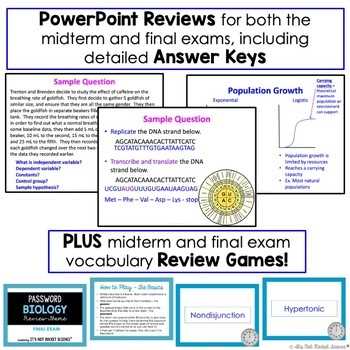
Working together in teams not only improves communication but also fosters collaborative problem-solving. These activities encourage participants to think as a group and explore different perspectives:
- Escape Room Challenges: Create or simulate an escape room scenario where participants must work together to solve puzzles and complete tasks in a set time. This activity requires teamwork, critical thinking, and resourcefulness.
- Group Brainstorms: Organize team brainstorming sessions where participants tackle complex problems together. Encourage free thinking and exploration of various solutions, allowing the group to build upon each other’s ideas.
- Role-Playing Activities: Use role-play scenarios where participants must solve problems while adopting different roles. This allows them to approach challenges from various perspectives and think outside the box.
Using Quizzes to Review Key Concepts
Quizzes are an effective way to assess and reinforce understanding of essential material. These short assessments encourage active recall, helping learners retain important information in a focused and engaging manner. By turning the review process into an interactive activity, quizzes can promote active participation and improve long-term retention of key concepts.
When designed well, quizzes not only test knowledge but also provide instant feedback, helping learners identify areas for improvement. The challenge of answering questions correctly fosters a sense of accomplishment and motivates continued learning.
Types of Quizzes for Effective Review
Different types of quizzes can be used to address various learning goals. Here are some formats that can be particularly useful:
| Quiz Type | Description |
|---|---|
| Multiple Choice | This format offers a question with several possible answers, helping learners identify the correct response among a list of options. |
| True/False | Simple yet effective, this format allows learners to quickly confirm their knowledge of a statement’s accuracy. |
| Fill-in-the-Blanks | By leaving gaps in sentences or equations, this format encourages recall and testing of knowledge in a more hands-on way. |
| Matching | This quiz type requires learners to match related concepts, definitions, or terms, testing their ability to connect information accurately. |
Each type of quiz can be adapted to suit different learning styles and content areas, allowing for flexible and targeted revision. Regular use of these quizzes can significantly boost a learner’s confidence and readiness for the task ahead.
Team-Based Games to Prepare Together

Collaborative challenges are an excellent way to build team spirit while preparing for a significant task. Working together in teams helps reinforce learning, encourages group interaction, and provides opportunities for mutual support. This approach not only makes the process more enjoyable but also allows for a deeper understanding of the material through discussion and problem-solving with peers.
Engaging in team-based activities stimulates critical thinking, promotes healthy competition, and helps individuals retain information by explaining concepts to others. These group exercises also create a sense of camaraderie and reduce the stress associated with solitary study sessions.
Effective Team Activities for Group Study
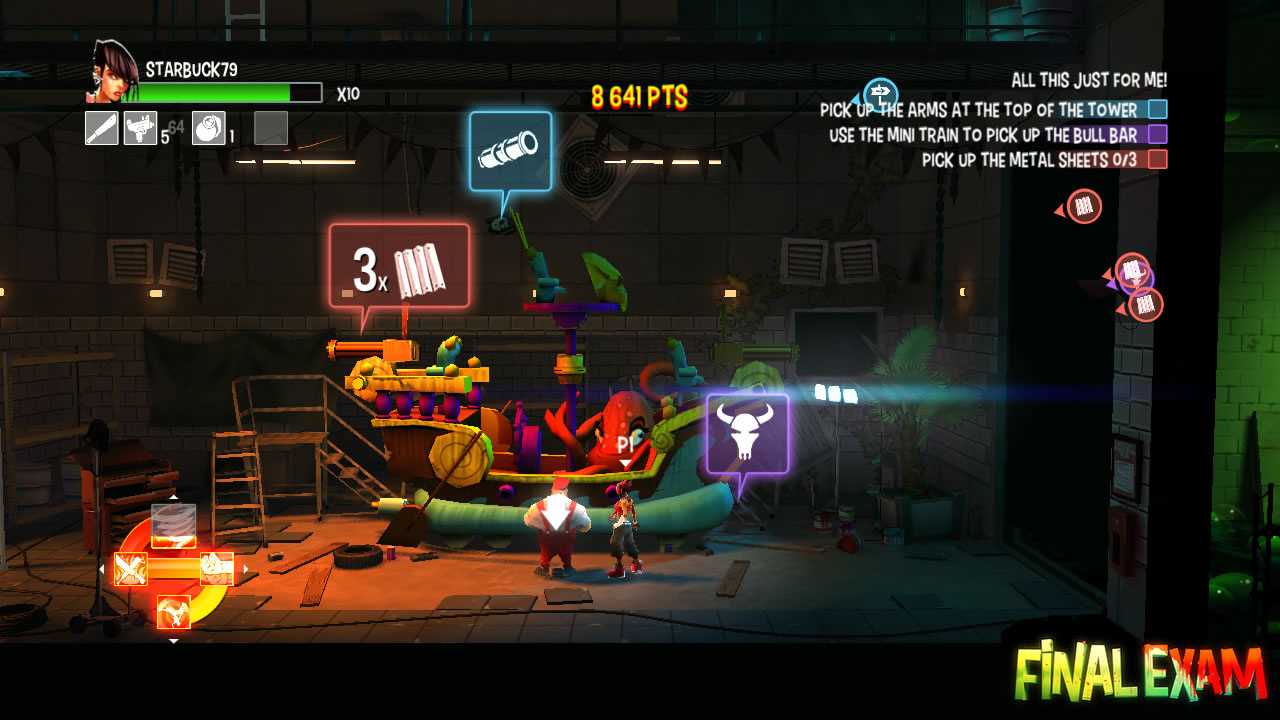
Here are a few fun and productive team activities that can be used to strengthen knowledge retention:
- Group Quiz Battles: Divide the group into teams, and have each team answer a series of questions. Points are awarded for correct answers, and the team with the most points wins.
- Collaborative Concept Mapping: Teams create a visual map of key concepts, linking ideas together to show their interconnections. This encourages a deeper understanding of the material.
- Team Trivia: Organize a trivia-style competition with categories based on different subjects or topics. Each team competes to answer the most questions correctly in the shortest time.
- Problem-Solving Relays: Teams work together to solve a complex problem. The first team to complete all steps or tasks wins. This activity fosters collaboration and critical thinking under time constraints.
Benefits of Team-Based Collaboration
Working together in teams provides numerous benefits beyond knowledge review:
- Improved Communication: Team members learn how to communicate their ideas clearly, listen to others, and collaborate efficiently.
- Variety of Perspectives: Group study allows individuals to view problems from different angles, fostering creative solutions.
- Motivation Boost: Collaborative environments help keep participants motivated and engaged, as they rely on each other for support.
By incorporating team-based activities into preparation, groups can not only boost their collective knowledge but also enjoy the process of learning together.
Games for Stress-Free Exam Preparation
Preparing for a significant challenge can often bring about stress and anxiety. However, turning study sessions into lighthearted, interactive experiences can significantly reduce pressure. By introducing enjoyable and engaging activities, students can reinforce their understanding while creating a relaxed, enjoyable atmosphere that helps ease the tension typically associated with studying.
Incorporating playful elements into preparation can help foster focus, improve recall, and enhance learning without overwhelming participants. These enjoyable activities create a positive learning environment, allowing students to approach their studies with confidence and a sense of excitement rather than anxiety.
Relaxing Yet Effective Study Strategies
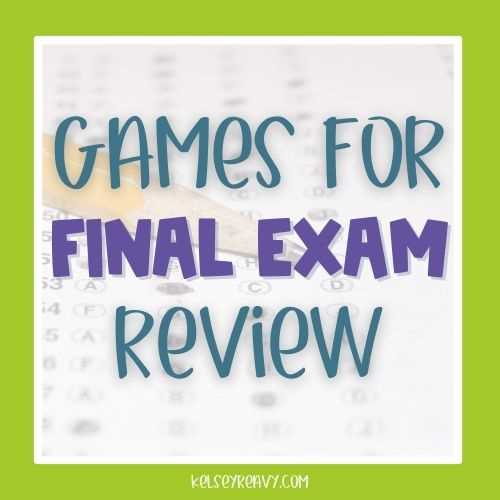
Here are a few stress-free activities to make study sessions more engaging:
- Flashcard Duels: Create flashcards for key concepts and organize quick, friendly competitions between individuals or teams. This method keeps participants focused while making learning feel like a fun challenge.
- Memory Match-Up: Pair terms or concepts with their definitions, images, or related facts. Participants take turns flipping over cards to find matching pairs. This game strengthens memory retention in an interactive way.
- Trivia Challenges: Organize trivia rounds based on different topics. A lighthearted, timed format keeps everyone alert and eager to answer questions, helping to reinforce knowledge in a relaxed manner.
- Storytelling Relay: In this creative activity, participants take turns telling parts of a story related to the material. This helps reinforce information in a narrative format, making the process more fun and less stressful.
Why These Activities Work
When it comes to preparing for a major task, reducing stress is crucial for success. Here’s why these enjoyable strategies are so effective:
- Reduces Anxiety: By turning studying into a fun and social experience, stress levels are reduced, making it easier to concentrate and retain information.
- Boosts Motivation: The playful nature of these activities keeps students engaged, providing a sense of accomplishment and excitement about learning.
- Promotes Active Recall: Engaging in these activities encourages active recall, which is one of the most effective ways to retain information.
With the right balance of relaxation and challenge, these enjoyable activities can turn study sessions into something to look forward to, promoting better results with less stress.